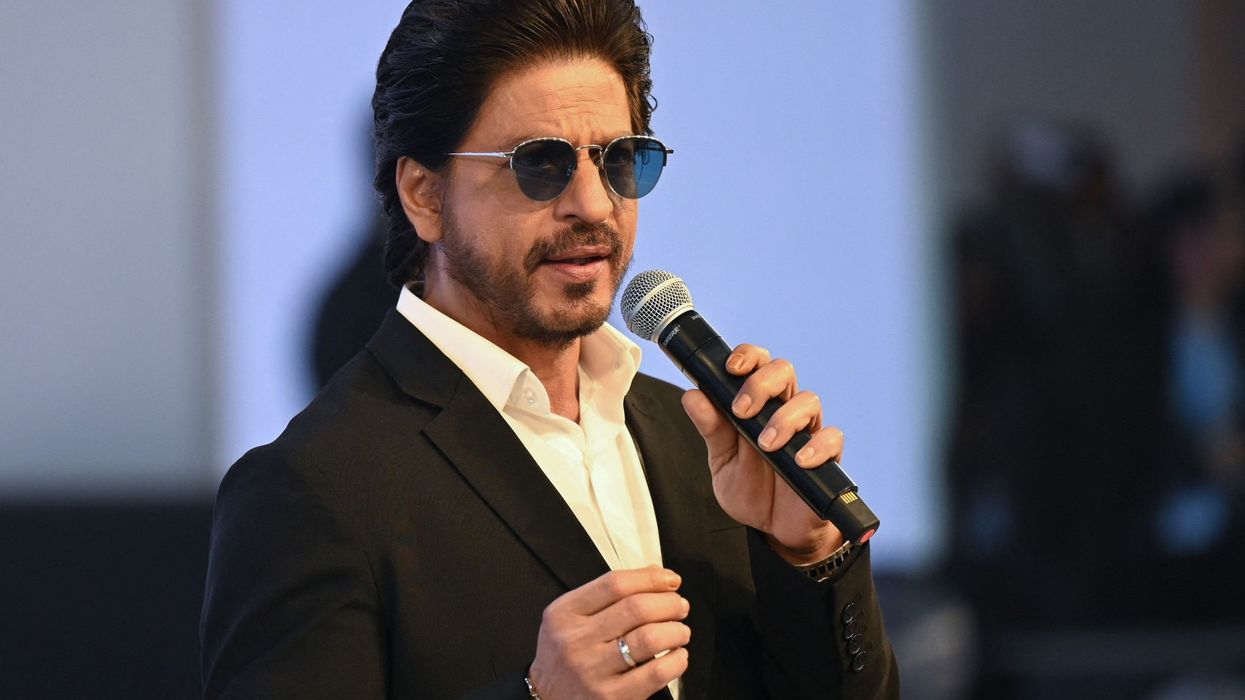Shah Rukh Khan's love and respect for women is well-known. Be it a little girl or an elderly woman, he has always been seen rooting for females.
In fact, his latest film Jawan also celebrates the strength of female characters. From fighting the goons to ruling the screen with emotional scenes, the women of Shah Rukh's Jawan undoubtedly acted as catalysts in making the film a blockbuster.
The audience is quite impressed to see the terrific portrayal of women characters in Jawan.
Recently, a fan took to X to share a heartfelt painting created by his daughter, using pink to symbolise girl power in the movie.
"After coming from our second Jawan show, my 11-year-old daughter went straight to her room and started painting. After a couple of hours, she came up with this. She says she loved Vikram Rathore. What about pink? She says Jawan is about girl power. anything to say senior @iamsrk," the fan wrote.
SRK, father to 23-year-old daughter Suhana, took notice of the tweet and lauded the efforts of the fan's daughter.
In response, he wrote, "She has got it right… Jawan is indeed about girl power. Vikram Rathore agrees too. Our daughters are our future… give my love to her with a big hug!!!"
Nayanthara, Deepika Padukone, Priyamani, Sanya Malhotra, Ridhi Dogra, Lehar Khan, Girija Oak, and Sanjeeta Bhattacharya bring depth and strength to the characters in the film Jawan, which is directed by Atlee.
The film has taken the box office by storm. It has become the fastest Hindi movie to cross the £50 million mark at the global box office. It took the film just four days to reach this milestone.




